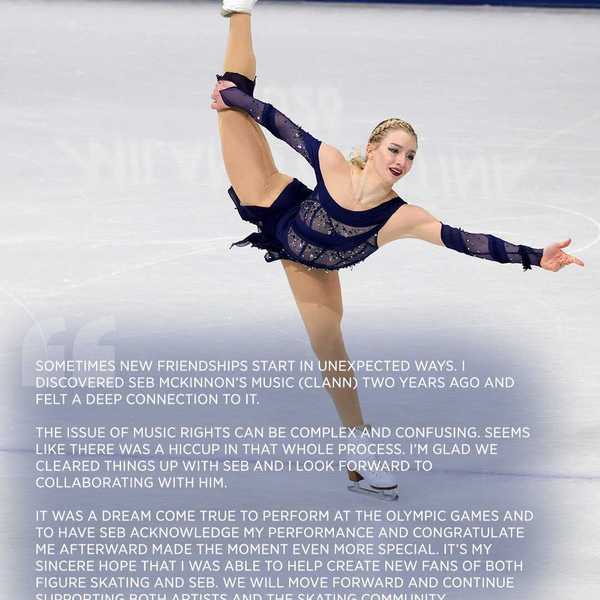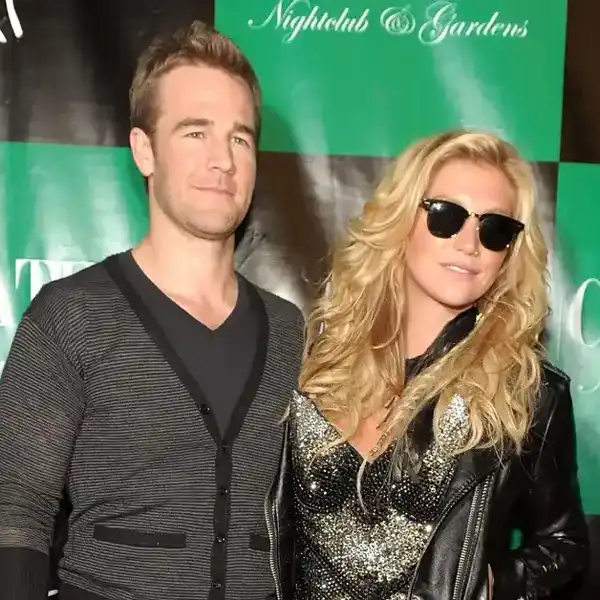Media Beat: January 05, 2018
A column about media and the regulatory environment within and beyond Canada's borders.

By David Farrell
Stingray now leading OTT streaming service with Qello Concerts deal
Montreal-based multi-platform music services provider Stingray Digital Group has acquired Qello Concerts, a New York-based company specializing in offering on-demand concerts and music docs.
Qello (pronounced Kwello) licenses long-form concerts, documentaries, behind the scenes footage and interviews from both major and independent music labels and has more than 2,000 titles and three million users registered in more than 160 countries.
Stingray said in a release that the deal, the amount of which is not disclosed, enables it to become the largest distributor of subscription-based video-on-demand concerts in the world.
The purchase gives it access to a top-line catalogue of filmed shows, including performances by Queen, Pink Floyd, The Doors, David Bowie, The Police, The Rolling Stones, Lady Gaga, Beyoncé, Bob Marley and Celine Dion, and a valuable collection of musical documentaries.
Qello Concerts is available on the big screen using Apple TV, Roku, Google TV, Chromecast, Samsung Smart TV, and Sony Blu-Ray. On mobile devices: iOS, Android, Windows, Amazon Kindle Fire, and the PlayStation Vita system, and the web at QelloConcerts.com.
Users can access Qello across any mobile device. The fee-based service offers 30 genre-dedicated music channels, and the higher-teared, $7.99 All-Access Pass provides unlimited monthly viewing to everything in its library.
– Company press release here
Spotify IPO filed
US news outlet Axios first broke the news that Spotify has filed confidentially with US regulators for an initial public offering and is targeting a direct listing in the first half of 2018 that would allow some longtime investors to cash out.
With a valuation as high as US$20B, if Spotify goes ahead with its plans, it would be the first major company to carry out a direct listing, an unconventional way to pursue an IPO without raising new capital.
The most recent private trades in the Swedish company have taken place at above $4K per share, according to sources referenced by Business Insider.
A direct listing mainly eliminates the need for a Wall Street bank or broker to underwrite an IPO along with any associated fees and could change the way companies approach selling shares to the public.
Spotify is completed 2017 with an estimated 70M paying subscribers and close to 160M total active users, according to BMW projections – resulting in around $5B in annual revenues, a sum larger than Warner Music Group earnings and on par with UMG’s. Against this, the company’s last filing showed net losses had soared to $579M by fiscal year-end 2016.
One wrinkle in the deal is the fact that the streaming service has been sued by Wixen Music Publishing for US$1.6B Wixen accuses Spotify of using artists' music "without a license and without compensation," according to documents filed in a California court on Friday. The firm, run by Randall Wixen, administers the song catalogues of many top artists from the last 50 years, including George Harrison, the Doors, the Beach Boys, Neil Young, Tom Petty, Black Keys, Andrew Bird, Janis Joplin, John Prine, and Donald Fagen.
According to the filing, Wixen says Spotify "took a shortcut" when it struck deals with major labels to get the necessary rights to the songs' sound recordings by failing to obtain the equivalent rights for compositions.
What does it mean for the end-user, us? Probably not a whole lot for now. If and when the deal goes through the company will need to be a lot more transparent about its costs, user-base and usage. It will likely become more aggressive in its marketing to attract and hold new subscribers, and with the transparency, there is going to be more significant pressure exerted by music publishers, record companies and musicians for a better payout, so it’s likely that the result will see higher subscription costs. For now, however, nothing changes.
2017: Year of the podcast
The year 2017 will likely be remembered for many things across the technology spectrum, from breakthroughs in artificial intelligence (AI) and milestone moments in autonomous vehicles to Amazon conceding that a significant offline presence in groceries was needed to compete in retail.
But buried within the big headline-grabbing stories of the year were microtrends that sprang up almost by surprise. And one of those relates to the humble podcast.
Though the podcast is far from a new medium, 2017 saw a surge of activity related to the audio broadcast format.
A couple of weeks back, Apple finally launched its podcast analytics feature so creators can garner more data about how their listeners consume podcasts on iOS devices and can gain potentially valuable insights into their listening habits.
This could be a game-changer not only regarding how podcasters use data to inform their handiwork but in their ability to attract revenue by giving advertisers more information about listeners.
But it’s not the only trend-line giving momentum to personalized shows. There’s big money starting to chase the platform, as Paul Sawers at Venture Beat reports.
FCC Chair cancels CES appearance due to death threats
The chairman of the Federal Communications Commission, Ajit Pai, cancelled an appearance at an upcoming consumer electronics show in Las Vegas because of death threats, according to a person familiar with the matter.
Gary Shapiro, chief executive of the Consumer Trade Association, said in an interview that he didn’t know why Mr. Pai cancelled. He also said he happens to agree with Mr. Pai’s decision to repeal net-neutrality rules.
“It would have allowed the FCC to regulate everything from automobiles to any device which hooks up to the internet,” Mr. Shapiro said. “The internet is fine—it’s not going to break.” – WSJ
A crumpling end to the era of newspaper dynasties
In the November deal, Postmedia Network and the Torstar Corp. divided up large swaths of the southern Ontario community newspaper market between themselves and dared the Competition Bureau to do something about it.
Postmedia, 98 percent owned by U.S. hedge funds despite supposed limits on foreign ownership of Canadian newspapers, pointed out the deal was “not subject to the merger notification provisions of the Competition Act, and no regulatory clearance is required to close the transaction.”
That is technically correct given the dollar value of the deal (although no money changed hands), but it doesn’t mean the Competition Bureau can’t review matters after the fact, which it promised to do when pressed by reporters.
It could even roll the deal back, but don’t hold your breath, because Postmedia and Torstar have the precedent of regulatory inaction on their side. – Marc Edge, The Conversation

















